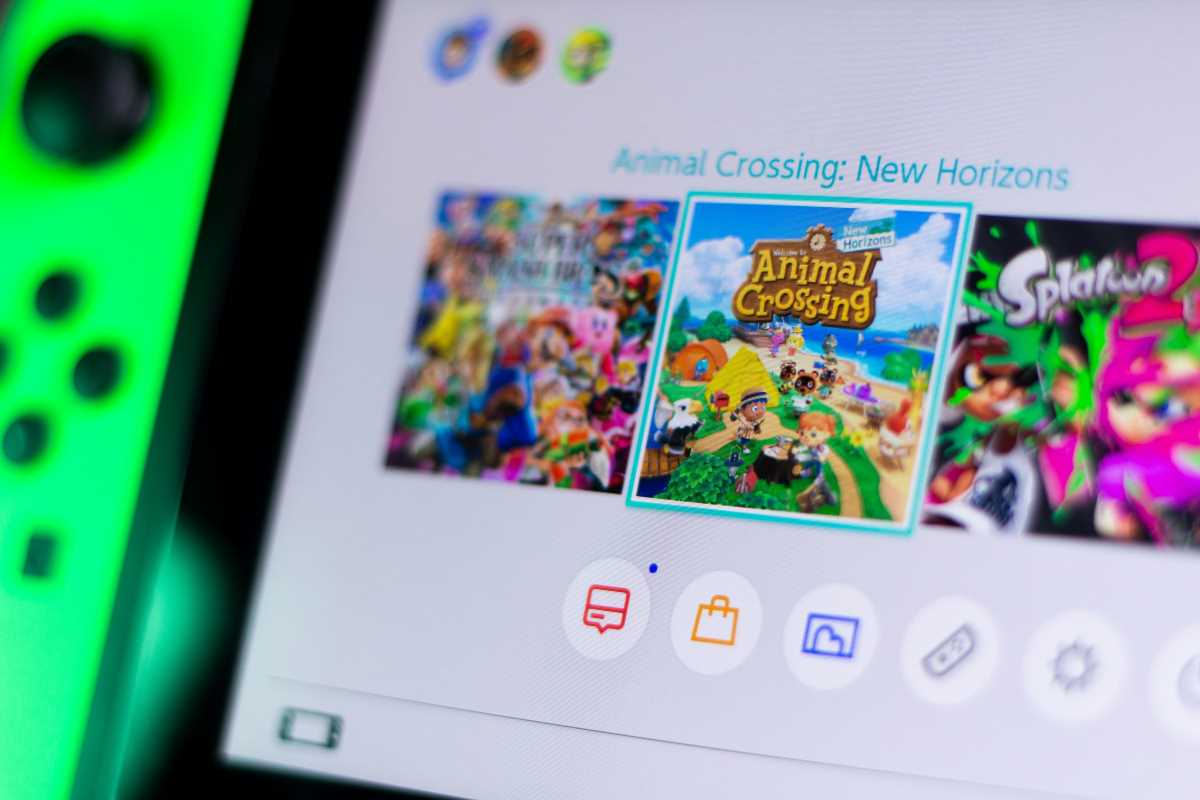Turning your love for game development into a full-fledged career is an exciting and challenging adventure. Many successful indie developers started as hobbyists, crafting games in their spare time before taking the leap into professional development. But what does it take to make this transition, and how can you create indie games that capture imaginations and sell? Here’s a guide to help you on your path from hobbyist to professional game developer.
Step 1: Hone Your Skills and Master Essential Tools
The first step to becoming a professional game developer is refining your skills and mastering the tools of the trade. Developing games involves a mix of creativity and technical proficiency, and the good news is you don’t need a formal degree to succeed. Consistent practice and the right resources can take you far.
Key Skills to Develop:
- Programming: Learn programming languages like C++, C#, or Python. For game development, knowledge of languages associated with popular engines (e.g., C# for Unity) is especially valuable.
- Game Design: Understand the principles of game mechanics, level design, and player psychology to create engaging experiences.
- Art and Animation: Even basic skills in 2D or 3D art, using tools like Photoshop or Blender, can be a huge asset for indie developers.
- Sound Design: Learn to implement audio effects and music into your games using tools like Audacity or FMOD.
Game Engines to Explore:
- Unity: Known for its versatility, Unity supports 2D and 3D games and is popular among indie developers worldwide.
- Unreal Engine: Ideal for high-quality, graphically impressive games, with a powerful visual scripting system (Blueprints) for non-programmers.
- Godot: A free, open-source engine perfect for indie developers, offering user-friendly tools for both 2D and 3D games.
Step 2: Understand the Market
One of the most common mistakes new indie developers make is creating games without understanding the audience or competition. If you want to sell games, it’s critical to know who you’re making them for and what the market looks like.
Tips for Market Research:
- Study Trending Games: Explore platforms like Steam, itch.io, or Epic Games Store to identify popular indie game genres. Take note of features, graphics, and unique concepts that engage players.
- Understand Your Audience: Are you designing for casual gamers, hardcore enthusiasts, or a niche audience? Observe social media, gaming forums, and Reddit communities to understand their preferences.
- Analyze Competitors: Look at successful indie games similar to the one you want to create. What are they doing well? How can your game stand out?
Market research will help you identify gaps and opportunities, ensuring that your game concept connects with players.
Step 3: Create a Unique Game Concept
Once you have insights into the market, focus on crafting a game concept that sets you apart. With so many indie games available, originality is your biggest competitive advantage.
Tips for Developing a Standout Concept:
- Start Small: Many hobbyists make the mistake of aiming too big. Begin with a manageable project that focuses on executing one or two core mechanics really well.
- Innovate Within a Genre: You don’t need to reinvent gaming entirely. Adding a unique twist to an existing genre—like narrative-driven puzzles or humorous dungeon crawlers—can make your game memorable.
- Focus on Quality and Fun: Unique features mean little without a polished and enjoyable experience. Create prototypes to test ideas and refine based on feedback.
Step 4: Build an Impressive Portfolio
Whether you’re creating games as a solo developer or teaming up with others, having a solid portfolio can help you attract collaborators, publishers, or even freelance clients between projects.
What to Include in Your Portfolio:
- Playable Prototypes or Completed Games: Even small, polished projects demonstrate your skills. Host them on platforms like itch.io for easy sharing.
- Documentation: Show insight into your development process by including concept art, prototypes, or descriptions of your design decisions.
- Showcase Variety: If possible, include different genres, art styles, or gameplay mechanics to highlight your versatility.
Make your portfolio accessible by building a personal website or using platforms like ArtStation or GitHub to share your work.
Step 5: Market and Sell Your Indie Game
Creating your game is only part of the process. To turn your project into a source of income, you’ll need to market it effectively and reach as many players as possible.
Marketing Tips for Indie Developers:
- Leverage Social Media: Share development updates, sneak peeks, and behind-the-scenes content on platforms like Twitter, Instagram, or TikTok. Building a community of followers early is essential for launch success.
- Engage Gaming Communities: Join forums like Reddit’s r/gamedev or share your progress in communities related to your game’s genre. Engaging directly with your audience fosters interest and feedback.
- Create a Devlog: Document your game’s development process through blogs or YouTube videos. Devlogs not only attract attention to your game but also allow you to build a personal brand.
- Collaborate with Influencers and Streamers: Reach out to smaller YouTubers or Twitch streamers who might be interested in playing and promoting your game.
- Launch on the Right Platforms: Steam, itch.io, Epic Games Store, and Google Play are just a few of the platforms where you can sell your game. Consider their audience, fee structures, and features when deciding where to launch.
Monetization Strategies:
- Price Your Game Wisely: Research similar games to determine a fair price point. Many indie games succeed in the $10-$25 range.
- Offer Sales and Discounts: Players love deals, and providing discounts during platform-wide sales can boost exposure dramatically.
- Consider Crowdfunding: Platforms like Kickstarter can help you raise funds for development while building initial buzz around your project.
Post-Launch Maintenance:
Don’t forget about post-release updates. Fixing bugs, adding new content, and interacting with your players can build loyalty and encourage word-of-mouth promotion.
Transitioning from a hobbyist to a professional game developer requires dedication, but the rewards of seeing your work played and enjoyed by others make it all worth it. By refining your skills, understanding the market, and consistently engaging with your audience, you can turn your passion into a sustainable career. Remember, even the most successful indie developers started small—and with persistence, creativity, and smart planning, you can create games that sell and leave a lasting impact on players around the world.
Good luck, and happy game-making!
 (Image via
(Image via




.jpeg)
